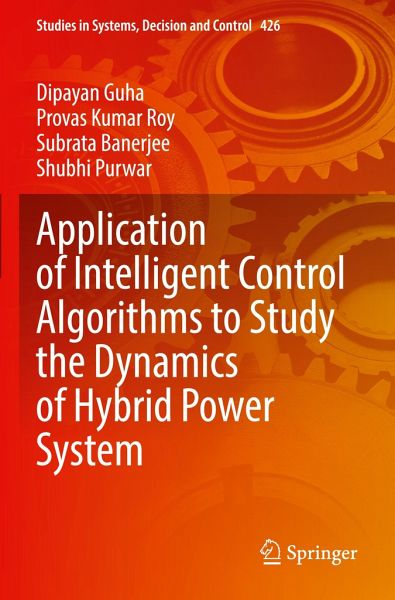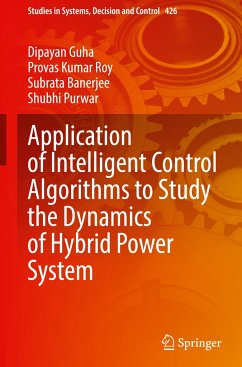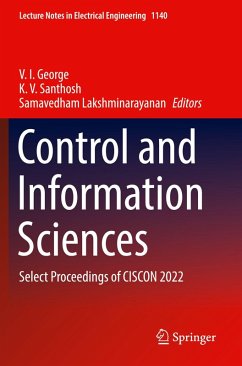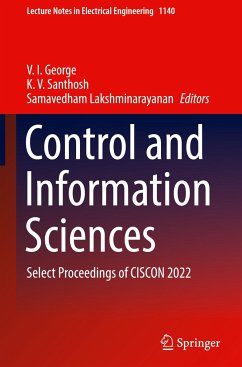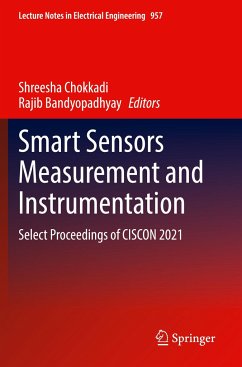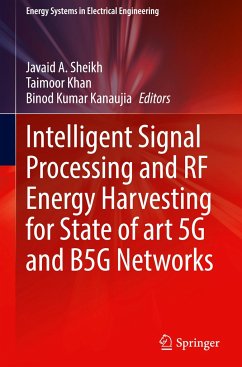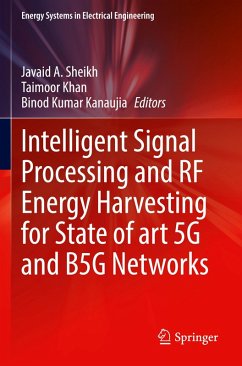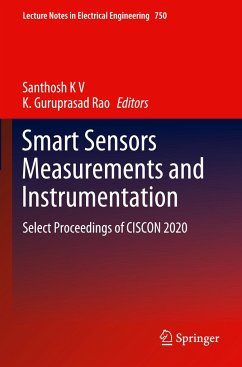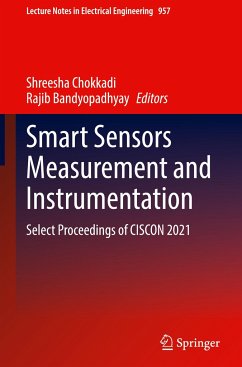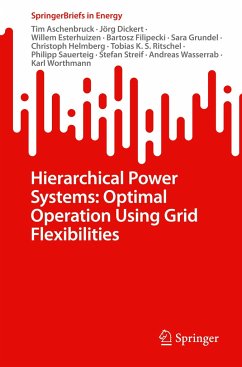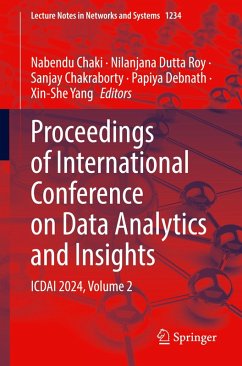Dipayan Guha received the Ph.D. degree in Electrical Engineering from the National Institute of Technology Durgapur, India, in 2017. He is presently associated with the Electrical Engineering Department of Motilal Nehru National Institute of Technology Allahabad, Prayagraj, India. He has seven years of teaching experience. He has published around 60 research papers in international journals and conference records. His research interest includes load frequency control, distributed generations, model order reduction, intelligent control, fractional-order systems/controllers, optimization techniques, estimation, etc. He was awarded Gold Medal in 2013 for ranking in M.Tech. degree and acknowledged with the best journal paper award from Taylor and Francis in 2020. He has supervised eight M.Tech. students, and four are perusing their thesis work. He has reviewed many research works submitted to national/international journals. He has conducted several short-term courses/faculty development programs. He also has records of Govt. funded Consultancy Project. He has also contributed to international conferences like INDICON 2021, UPCON 2020, etc. He is Member of IEEE Control Systems Society, IEEE Power & Energy Society. Provas Kumar Roy obtained Ph.D. degree in Electrical Engineering from National Institute of Technology, Durgapur, in 2011. He received his Master degree in Electrical Machine in 2001 from Jadavpur University, Kolkata. He finished his engineering studies in Electrical Engineering from Regional Engineering College (Presently Known as National Institute of Technology), Durgapur. Presently, he is working as Professor in Electrical Engineering Department at Kalyani Government Engineering College, West Bengal, India. He was Recipient of the Outstanding Reviewer Award for International Journal of Electrical Power and Energy Systems (Elsevier) in 2018, Engineering Application of Artificial Intelligence (Elsevier) in 2017, Renewable Energy Focus (Elsevier) in2018, and Ain Shams Engineering Journal (Elsevier) in 2017. He has published more than 180 research papers in national/international journals and conferences. He has more than 100 journals published in reputed SCI and Scopus indexed journals. Moreover, he has more than 12 chapters and one international standard book. Eight research scholars have obtained their Ph.D. degree under his guidance, and 8 students are pursuing their Ph.D. degree. His research interest includes economic load dispatch, optimal power flow, FACTS, automatic generation control, radial distribution network, power system stabilizer, image processing, machine learning, evolutionary computing techniques, etc. The total citation count of his papers is 3750. His name has been included in the "World Ranking of top 2% Scientists" list by Stanford University scientists for two consecutive years, i.e., for the years 2019 and 2020. Subrata Banerjee has received his Ph.D. degree from IIT Kharagpur, India, in 2005. He isworking as Professor with the Department of Electrical Engineering, NIT, Durgapur, India. His research interest includes modeling & control of switch-mode converters and inverters, multilevel inverters, different modulation techniques, electromagnetic levitation, control system design, load frequency control, etc. He has successfully completed a few research and consultancy projects. He has authored about 200 research papers in national/international journals and conference records and 07 chapters. He has guided eleven (11) Ph.D. and twenty-three (23) M.Tech. students, and many are pursuing their degree under his guidance. He has filed three Indian patents out of which one has been granted. Prof. Banerjee is Recipient of several academic awards, including 10 nos. Best Paper Awards and TATA RAO Prize, etc. He is Fellow of the IE (India), the IETE (India), and the IET (UK), Senior Member IEEE (USA). He is serving as Associate Editor in IEEE Access (USA), IET Power Electronics (UK), IEEETEC
